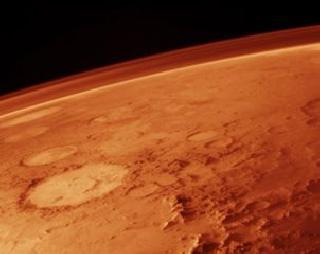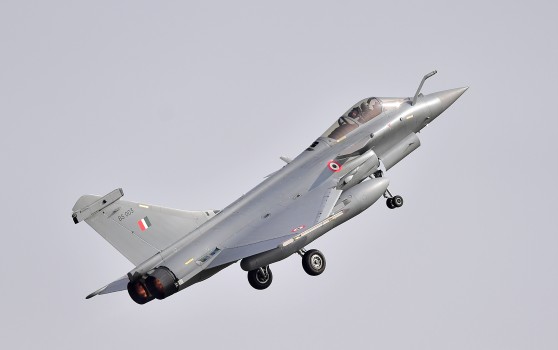
BANGALORE (PTI): India's Mars Orbiter Mission is slated to be launched on October 28 after a national committee of experts gave the go ahead for the Rs 450 crore ambitious venture after threadbare deliberations.
The committee held deliberations over two days on Thursday and Friday last and reviewed the status after senior Indian Space Research Organisation scientists gave an in-depth presentation on the mission.
Primary objectives of the mission are to demonstrate India's technological capability to send a satellite to orbit around Mars and conduct meaningful experiments such as looking for signs of life, take pictures of the red planet and study Martian environment.
"The committee has given the go ahead", an ISRO official told PTI here on Sunday.
Former ISRO Chairman U R Rao, noted space expert Roddam Narasimha and Professors of Indian Institute of Science Bangalore were among those part of the eminent panel.
The October 21-November 19 launch window has now been pushed forward by a week, and it now starts on October 28 though final date of the window remains the same (Nov19).
"We would like to utilise the first available opportunity", the official said, adding, the launch can be expected on the afternoon of October 28, weather permitting.
The Rs 150-crore Mars Orbiter Mission (MOM) spacecraft is currently underoing vibration and acoustic tests at ISRO Satellite Integration and Testing Establishment here, and is slated for shipment from here on September 30 to the Sriharikota spaceport after a pre-shipment committee review on September 26.
Launch campaign has already commenced in Sriharikota spaceport from where the 1,350-kg MOM spacecraft is slated to be launched by the Rs 110 crore Polar Satellite Launch Vehicle (PSLV-C25).
The first stage of the PSLV-C25 with strap-ons has already been assembled, with the rocket ready for satellite integration by October ten.
The satellite will carry compact science experiments, totalling a mass of 15 kg. There will be five instruments to study Martian surface, atmosphere and mineralogy.
After leaving the earth's orbit, the spacecraft will cruise in deep space for about ten months using its own propulsion system and will reach Martian transfer trajectory in September 2014.
The spacecraft subsequently is planned to enter into a 372 km by 80,000 km elliptical orbit around Mars.
The main theme of MOM appears to be to seek to reveal whether there is methane, considered a "precursor chemical" for life, on the red planet.
Methane sensor, one of the five payloads (scientific instruments) on board the spacecraft, would look to detect the presence of Methane.
 Previous Article
Previous Article Next Article
Next Article













The Indian Air Force, in its flight trials evaluation report submitted before the Defence Ministry l..
view articleAn insight into the Medium Multi-Role Combat Aircraft competition...
view articleSky enthusiasts can now spot the International Space Station (ISS) commanded by Indian-American astr..
view article